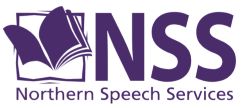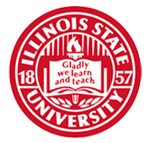Abstract
Although language sample analysis (LSA) is considered an important tool for high-quality child language assessment, surveys have found that its use is quite limited by school-based speech-language pathologists (SLPs). Two of the reasons often cited are limited time and limited expertise (Kemp & Klee, 1997; Pavelko et al., 2016). This study aims to evaluate the outcomes of a language sample training program on SLP students’ accuracy, efficiency, and confidence with language sample transcription and coding. Upper-division SLP undergraduates and graduate students participated in a self-paced language sample training and practice program. Participants completed online language transcription and coding training and practiced transcribing 7-10 narrative child language samples. After each one, they entered information into the quiz tool in the university’s online learning management system and received automated, individualized, and specific feedback. The accuracy and time needed for the language transcriptions were recorded and analyzed. The results indicated that the participants significantly increased their accuracy and reduced the time needed for transcription and coding. They also reported a significant increase in their confidence level with language sample transcription. The results suggest that increased training and practice opportunities that involve specific feedback will better prepare new clinicians to use language sample analysis in clinical practice.
Recommended Citation
Ogiela, D. A.,
&
Aldrich, S. A.
(2023).
Better, Faster, Stronger: Outcomes of a Language Sample Transcription and Coding Training Study.
Teaching and Learning in Communication Sciences & Disorders, 7(3).
DOI: https://doi.org/10.61403/2689-6443.1289





